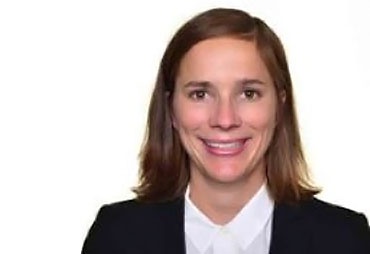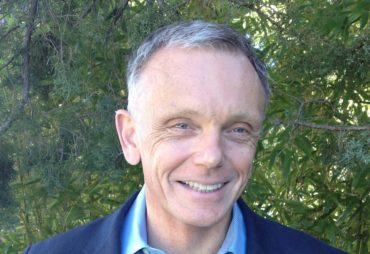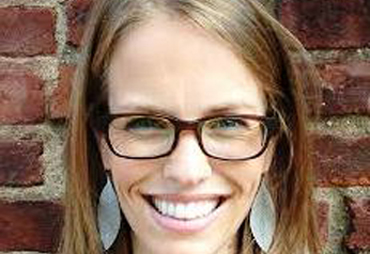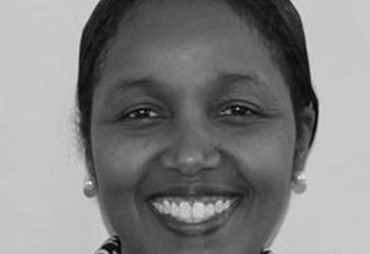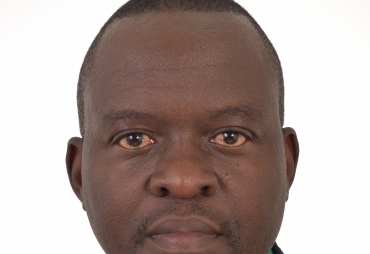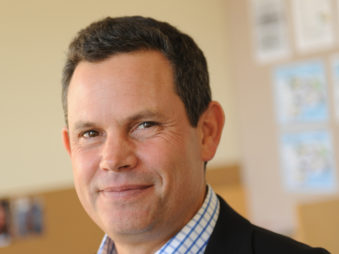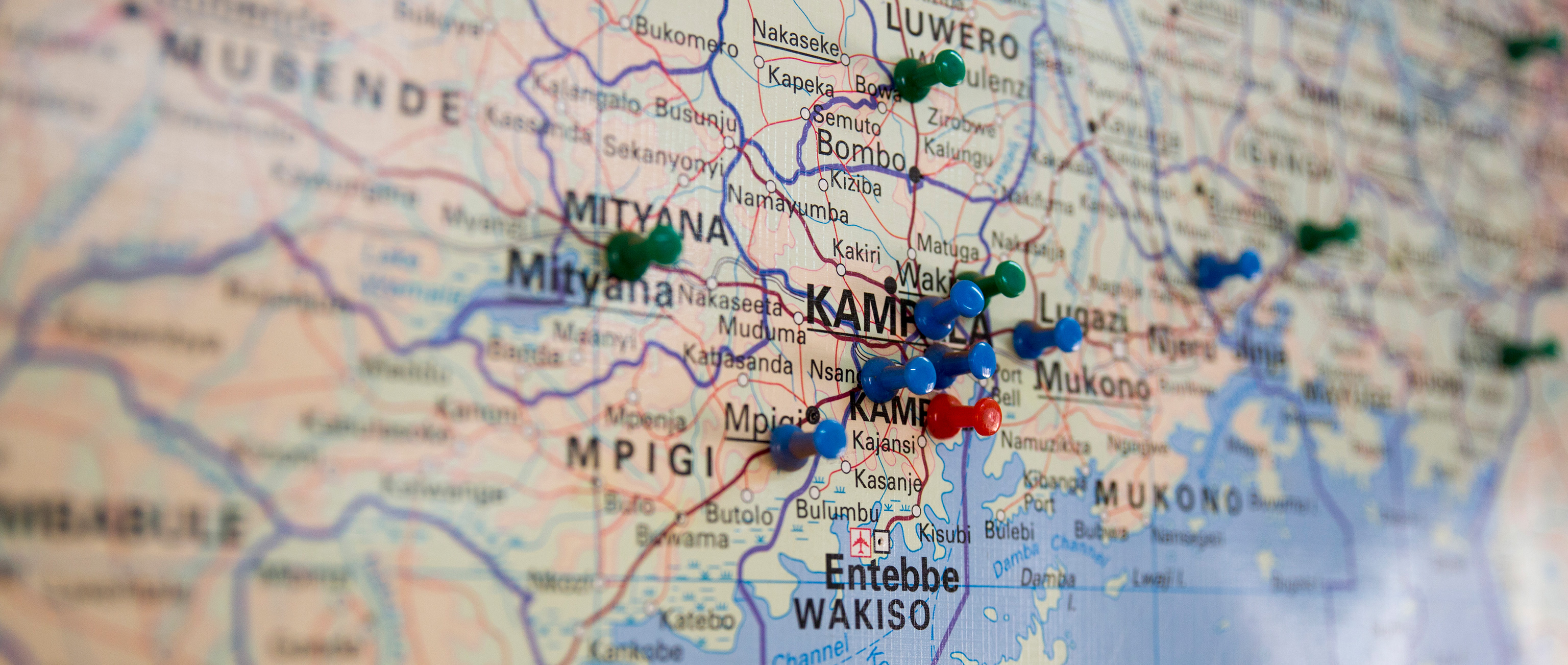
Scaling Pearls of Wisdom
One component of the Scaling Pathways series is Scaling Snapshots, which are glimpses into one organization’s scaling journey, including the strategies pursued, implications of those strategies and “Pearls of Scaling…
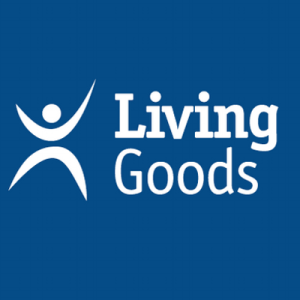
We work to support Community Health Workers (CHWs) that dramatically expand access to healthcare where they can do so far faster and at a lower cost than facility-based care where there is just not enough doctors or facilities close enough to most people. However, community health is underfunded and CHWs are under trained, poorly equipped, not paid, and not well managed. Therefore we support governments in Africa to close this gap with data-driven community health and robust performance management approaches so that CHWs can reach their full potential, and be a strong return on investment. To date, we support more than 11,000 CHWs.
Living Goods aims not only to deliver exceptional public health returns that provide a high return on investment, but also to advance universal health coverage and last mile access by empowering health workers with the technology, treatments, supervision, and compensation they need to be effective.
Living Goods partners with governments to build capacity in effective community health approaches, including support on policies, programs, technologies and other infrastructure that facilitate successful, impactful community health systems.
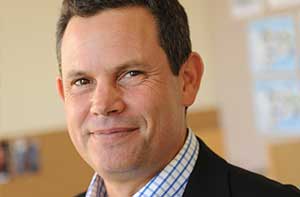
Founder and Board Chair, Living Goods
Chuck Slaughter fell in love with faraway lands and peoples while leading bike trips during school breaks. Seeking work that would unite his passions for travel, business, and making the world better off, he tried bike repair and documentary films. In 1987, he read an article about Trickle Up, a microfinance pioneer. Two weeks later, he began working for them. He eventually earned a business degree and traveled widely as a management consultant. His struggle to find travel-worthy clothes inspired TravelSmith—a direct mail catalog company that soon topped $100 million in sales. After a 2001 crisis, Chuck led a turnaround and sold the company, intending to spend time with family and develop new ideas. He invested in and led turnarounds for other businesses, including a system of franchised drug shops in Kenya. Inspiration struck again. He imagined a model based on the Avon cosmetics business, improving access to quality goods and earning opportunities for women. He ordered a kit and tried his hand as an “Avon lady.” What he lacked in lipstick sales he made up in learning. He launched Living Goods in Uganda in 2007, aiming to inspire global NGOs and businesses to build micro-franchises that bring life-changing products directly to families who need them most.
In April 2016, Chuck stepped down as President, but is currently Chair of the Board and Chair of the Advocacy Committee. Shaun Church, former COO, served as President until June 2018. In June 2018, Liz Jarman, Living Goods’ former Chief Strategy Officer, became Living Goods’ first female and East-Africa-based CEO.
In 2019, Living Goods trained almost 7,000 government CHWs across Uganda and Kenya, and supported BRAC in deploying another 3,500 CHWs in Uganda. In the same year, these CHWs assessed more than 1.8 million children under five years of age, treated more than 800,000 children, and supported more than 130,000 pregnancies. Living Goods launched Uganda’s first results-based financing (RBF) mechanism for community health, which aims to demonstrate a scalable model for contracting high-impact, cost-effective CHW services. In Isiolo County, Kenya, Living Goods entered a co-financing partnership with the county government to implement and strengthen community health services over four years, and to gradually transition full ownership and cost of the program to the government. This is the first time a government partner has co-financed with Living Goods to manage all their community health services. In 2018, Living Goods launched a partnership with fellow Skoll Awardee Last Mile Health to deploy thousands of digitally empowered Community Health Workers to serve millions of people across four African countries by 2021, creating unstoppable momentum for community health.






